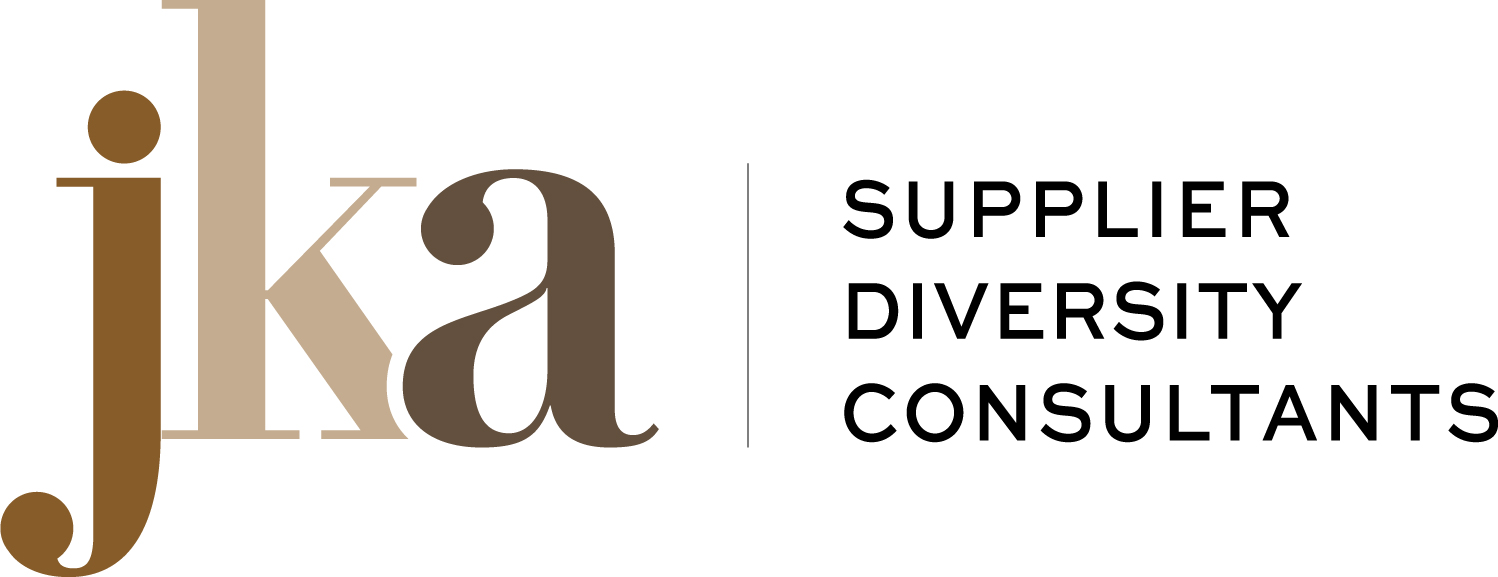In recent years, there has been a significant focus on supplier diversity and the importance of providing training programs to empower diverse suppliers. These initiatives aim to equip underrepresented businesses with the necessary skills and knowledge to thrive in competitive markets. While training is undoubtedly valuable, it’s crucial to recognize that it alone cannot pay the bills or ensure sustainable growth for diverse suppliers.
Training programs play a vital role in preparing diverse suppliers for success. They provide essential knowledge on business operations, procurement processes, compliance requirements, and industry best practices. These programs help suppliers build capacity, enhance their skills, and improve their competitiveness. We applaud corporations that invest in training, as it demonstrates their commitment to supplier diversity and fostering economic inclusion.
While training is a crucial step, it is equally important for diverse suppliers to have access to tangible opportunities. Many organizations make public pledges and commitments to supplier diversity, but the lack of transparency surrounding their purchasing practices and business opportunities can hinder progress. Diverse suppliers need clear information on what products or services corporations are actively seeking and how to engage with them effectively.
Corporations can take a proactive role in promoting supplier diversity by providing transparency in their procurement processes. This includes sharing information on upcoming projects, specific needs, and how to navigate the bidding or proposal submission process. Transparent procurement practices empower diverse suppliers to identify relevant opportunities, submit competitive bids, and showcase their capabilities.
Creating platforms for collaboration and networking is crucial to bridge the gap between diverse suppliers and corporations. Supplier diversity events, matchmaking sessions, and networking forums provide opportunities for meaningful connections. By facilitating interactions between diverse suppliers and corporate representatives, these platforms foster relationships, encourage partnerships, and pave the way for mutually beneficial business opportunities.
To drive progress and hold themselves accountable, corporations should establish clear metrics for tracking the impact of their supplier diversity initiatives. This includes regularly reporting on the number of contracts awarded to diverse suppliers, the monetary value of those contracts, and the growth and success stories of the suppliers involved. Transparent reporting allows for benchmarking, identifies areas for improvement, and demonstrates the tangible outcomes of supplier diversity efforts.
While commendable strides have been made in training diverse suppliers, it is essential to go beyond training and focus on providing real opportunities. Supplier diversity should not be limited to theoretical concepts but should encompass tangible business relationships that empower diverse suppliers to thrive. We applaud corporations that prioritize both training and transparency, enabling diverse suppliers to access the opportunities they need to succeed. By fostering an environment of collaboration, transparency, and measurable impact, we can create a business landscape where supplier diversity truly makes a difference for all parties involved.




